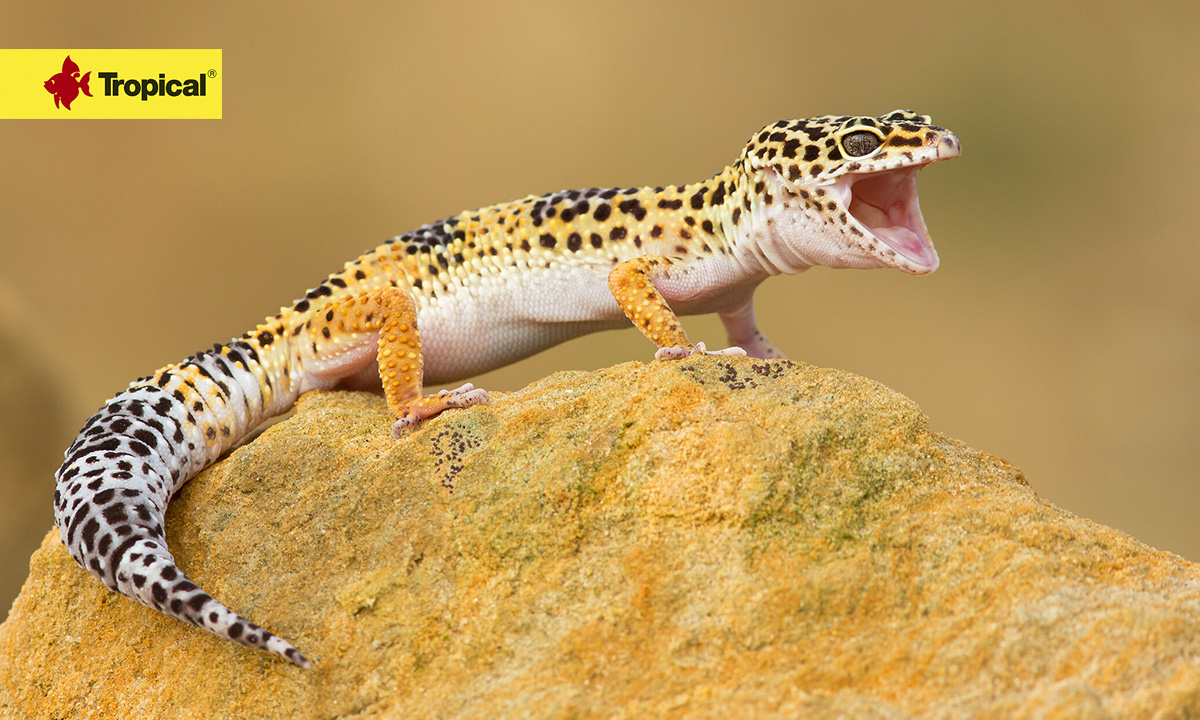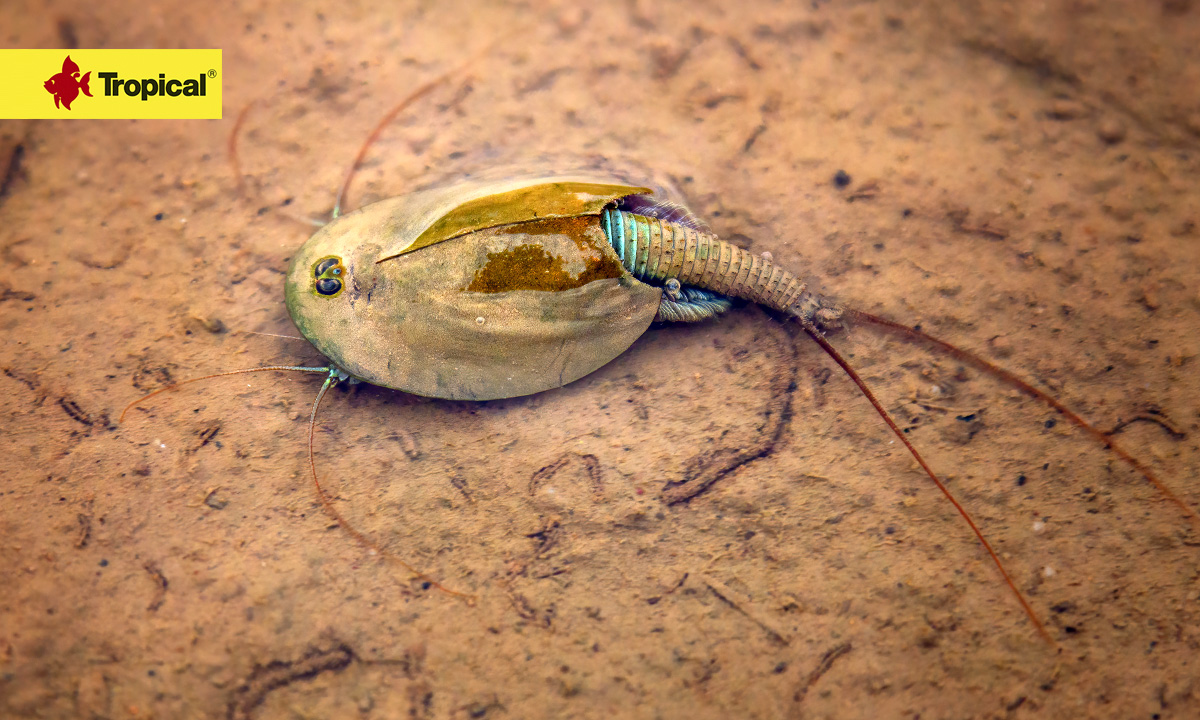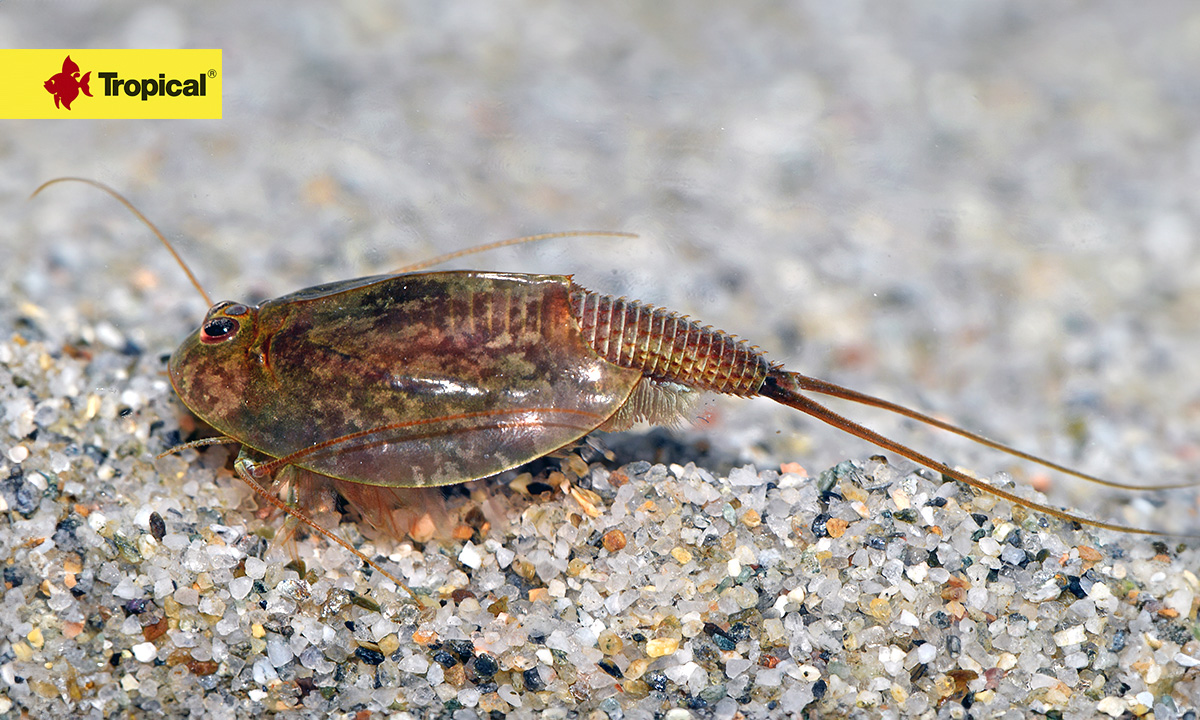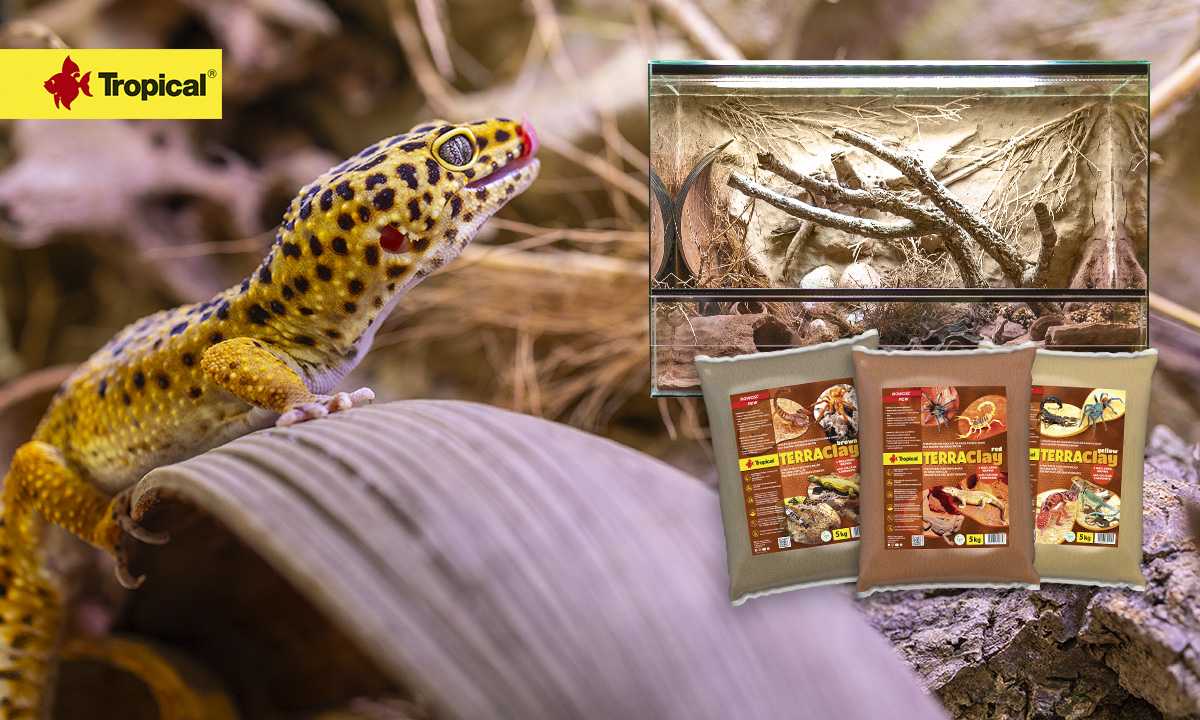Before you set up a marine aquarium
You have probably reached this post by typing the phrase “How to set up a marine aquarium?” into your search engine. And this is generally a good approach, but note that 99% of the responses will focus on the process of filling and arranging the the tank. And while most of this information is more or less helpful, rarely does the advice address the early planning stage of such a venture and the basic question.
Is a marine aquarium for me?
Before I tell you how to set up a marine aquarium, I’ll ask a few questions that will help you make sure that this hobby is for you. Maybe it is…maybe it will be the adventure of your life. But it may also turn out to be just a whim inspired by recent vacation in Egypt. And that’s why I’m going to ask you these questions. Don’t treat them like a test or exam. In the end, only you will know if you answered them honestly. I warn you right away that I will exaggerate, demonize and try to scare you, so don’t treat them too seriously 🙂
Did you know that marine aquariums require and teach great patience?
You have probably seen pictures of beautiful reef tanks and wanted to have one at home. Remember, however, that a marine aquarium is not a model kit, which you can have ready in a few evenings. A marine aquarium (a freshwater one too by the way) is an ecosystem that can be treated as a single organism in a few respects. The organism needs to develop and evolve, like a forest or a meadow. And that takes time. A lot of time. If you want to have a beautiful aquarium tomorrow, this is not the hobby for you. It’s probably cheaper to buy a 4K TV and play demos of coral reefs.
For the first few weeks, your aquarium will be just a pile of rocks on sand flooded with salt water. Only later, when the basic biological processes take place (for example, the nitrogen cycle) will you be able to introduce corals and fish. Besides, even if you wait those few weeks, your first corals will look more like bad vegetables left at the grocery store at the end of the day than breathtaking reefs you might have enjoyed while snorkeling in Egypt.


It takes time and there is nothing you can do about it. This time is needed for the development of life in the aquarium, the stabilization of parameters, the development of microfauna and flora and the formation of relationships between all organisms in the aquarium. What’s more, an inept attempt to speed up these processes can reset the process and start it from the very beginning. Do you have that much patience? If so, answer the second question.


Did you know that having an aquarium requires studying and learning a lot of biology, chemistry, physics…?
The coral reef in the tank is a very complex ecosystem. In the beginning, you will be getting a lot of instructions from friendly aquarists such as “Do this”/ “Do that”/ “Add this”/ “Increase circulation”/ “Decrease light”. And that’s how it will work for a week, two weeks, maybe three weeks… but then your aquarium will follow its own path and the aquarists’ advice will become increasingly rare or, worse, contradictory. This is normal, because each aquarium is different and it is not possible to maintain them all according to one formula. This is not a recipe from a cookbook that will always give a satisfactory effect.

Fortunately, you will have time to deal with it, because for the first six months, not much will happening in the tank anyway. You can use this time to browse online forums and watch YouTube videos. But you can be sure that with time you will face questions whose answers can’t be found on the Internet. You will have to make guesses and decisions based on observations of your own aquarium, and these decisions will not always be accurate.
You can of course ask questions on some aquarium forums or Facebook groups. Just make sure the question makes sense and shows that you understand the basics of the topic. If not, you will be eaten alive there. Besides, with the growing number of online haters, even if you ask a reasonable question, someone may still not like it. Therefore, this hobby forces you to explore secrets of marine aquaristics on your own. If you are ready to learn, see the next question.
Did you know that 99% of the photos of aquariums on the Internet are photoshopped, and in reality these aquariums look much worse?
You are obsessed with your own reef tank. Great! You read blog articles and watch channels on YT? That’s perfect. You admire the colors of the corals on FB groups? And here I must disappoint you. Most of these photos are photoshopped and have special filter applied. Such photos look beautiful indeed. Only that they have nothing to do with reality. Honest aquarists will mention the use of filters, but most will not admit it. And don’t get me wrong, I see nothing bad in filters. After all, it’s a feast for the aquarist’s eyes. Only that such a feast cheats the beginners.

Dear reader, in most cases their aquariums do not look like this. Yes, they are beautiful, healthy and colorful, but not so much. Worse, statistically speaking, your aquarium for the first year will not even come close to them. You will complain about algae infestations, blue-green algae blooms, brown coral colors, dirty sand, etc. Maybe after a year or two you will get back on track. After all, everybody has to pay some dues at thee beginning, and the aquarists with the most beautiful aquariums have several or more years of experience each. But there is a light at the end of the tunnel… and a chance for you, too… All you have to do is to meet the first two conditions and practice for a a several or more years.
Did you know that setting up and maintaining an marine aquarium requires great diligence and dedication?
Fish food – twice a day. Food for corals –Tuesdays and Saturdays. Amino acids – every other day. Water change – every week. Cleaning the glass – rather daily. Emptying the skimmer – every couple of days. Cleaning of circulators – monthly. Potassium – two drops every other day. Iodine – a drop every day. Strontium – every Thursday. Bacteria – after water change. Water tests – before water change. Micronutrients – 10 ml on Mondays and Thursdays. On top of that, there are masses of other activities that need to be performed conscientiously and regularly.
You can’t go without it. Whether it’s sunny or rainy, whether you have a sore throat or a hangover, the aquarium must be conscientiously maintained. Is it possible to let go sometimes? Sure, you can! And you can even not set up an aquarium at all. It is also possible not to take your dog for a walk. You just need to be ready to wash the carpet afterwards :-). Are you ready for such a sacrifice? If so, the next question won’t be any easier.
Did you know that the aquarium will quickly become a problem? And not just for you.
Wanna go on vacation with your family? Well, but who will take care of the tank? Wanna paint your apartment? The aquarium will be in the way. You want to get a good night’s sleep? The pumps hum all night and make it difficult to sleep. Wanna make a candlelight dinner? The aquarium glows a ghostly blue color. The tank will have soon have a major impact on your life. It’s not that bad if your partner is equally crazy about your new hobby. Worse if they don’t, because then the aquarium will become the cause of frequent arguments. However, if you will be able to adjust to the new “family member”, then see the next question.
Did you know that aquarium is an expensive hobby and does not forgive stinginess?
Like any other hobby, aquarium costs money. Unfortunately, this is not a hobby that can be put aside for some time. If you have already started, your bills will automatically go up. Of course, the start of the aquarium will be most expensive. You need to buy new aquarium, new equipment, new lamp, new corals, new fish, and a whole lot of chemicals and supplements. Well, but even if you get all this for free, you will quickly notice an increase in electricity and water bills.
The lamp alone for a 200-liter aquarium will consume 2 kWh of electricity per day. Add heater, because, after all, the water on the reefs is 26-28°C. In the summer, you may not need to heat, but there may be a need for cooling, because corals very much dislike temperatures above 30°C. And so day after day, month after month, year after year. Do you have that much money to spend?
Did you know that the aquarium at home carries the risk of accidents?
Aquarium maintenance requires playing with water and electricity. And this carries the risk of accidents. Besides, where there is water, there is a risk of flooding the floor. Are you sure your wooden floor will take it well? I know, I know, you can have a mop close at hand. But I don’t know an aquarist who was always quick enough to respond when the water spilled. I don’t even want to mention the unsealing of the aquarium when all the water spills on the floor. I guarantee that your wooden floor will not take it well. Neither your downstairs neighbor.
These are, of course, rare cases, but unfortunately possible. I also once caused a salty rain in my downstairs neighbor’s living room which happened to be below the room where I had my aquarium. And only 25 liters of a 1,000-liter aquarium were spilled.
Plus carrying water cans and buckets of salt weighting 25 kg each. I know, I know. You can pick smaller ones, but then you have to walk twice as much. Can your spine handle it?
To sum up
Heiko Bleher, a German water researcher and aquarist, once said that “aquarium hobby is the most beautiful and also the most educational hobby in the world.” Therefore, if you got here, didn’t get scared and still want to set up an aquarium, I have good news. You have a great chance to indulge in this wonderful passion that unites tens of thousands of aquarists around the world.

In my next post, I will focus on what to consider when selecting and arranging a marine aquarium. I’m already looking forward to it, how about you?










